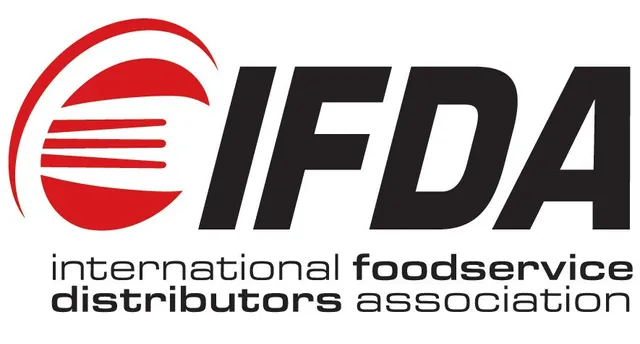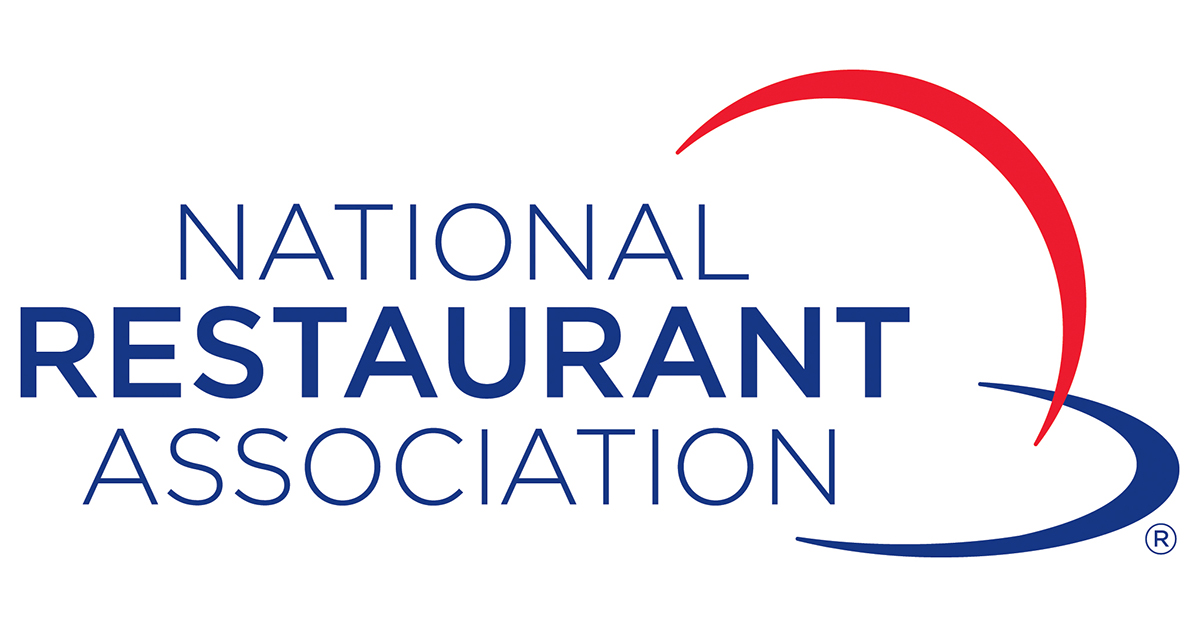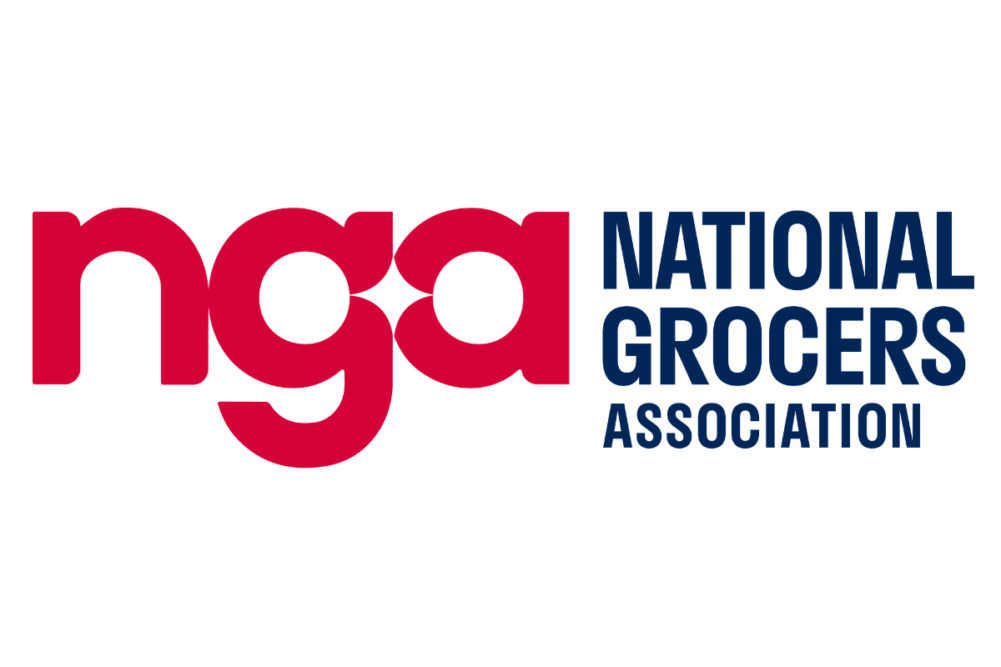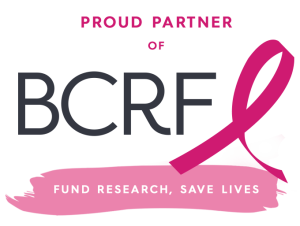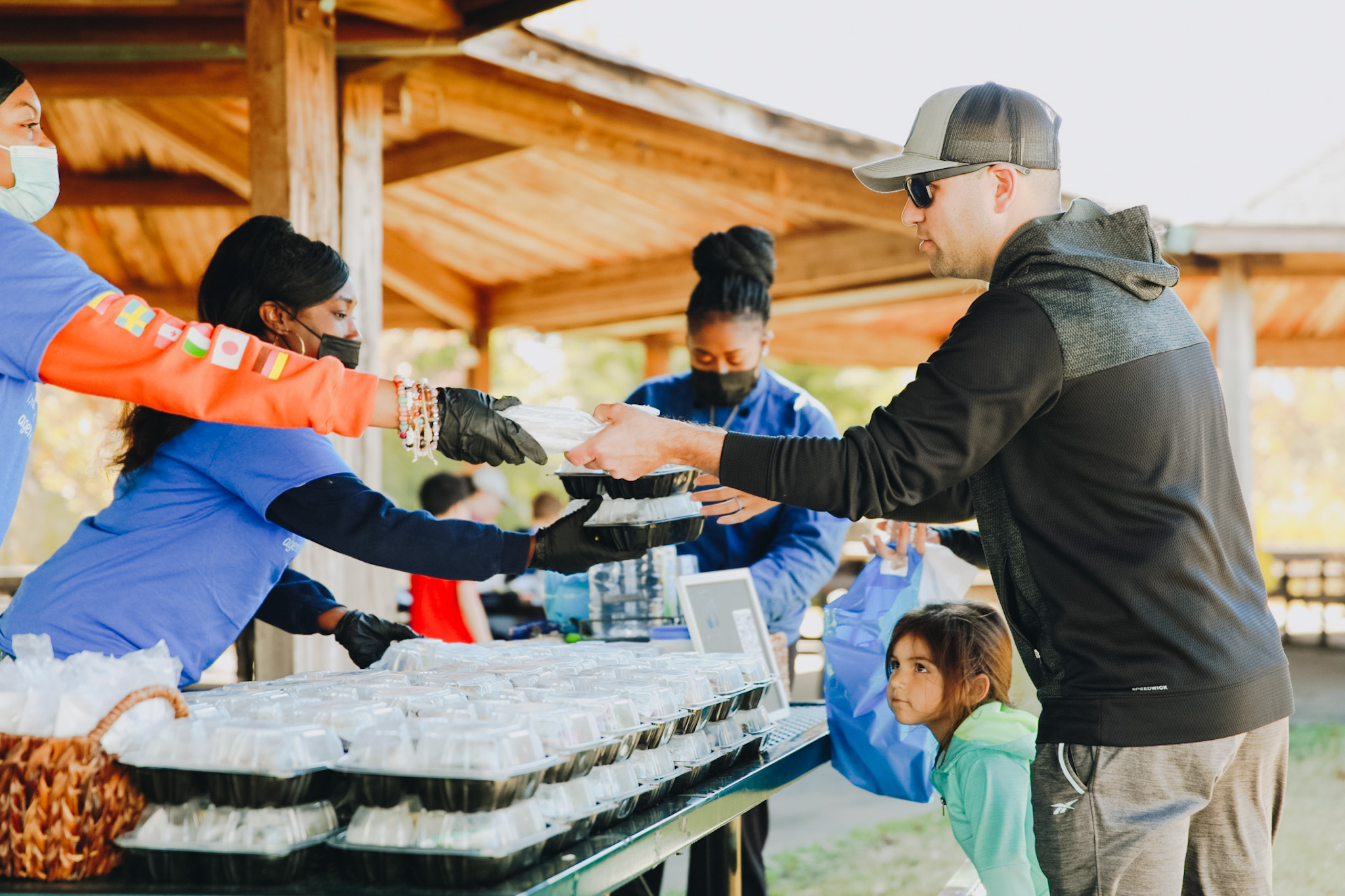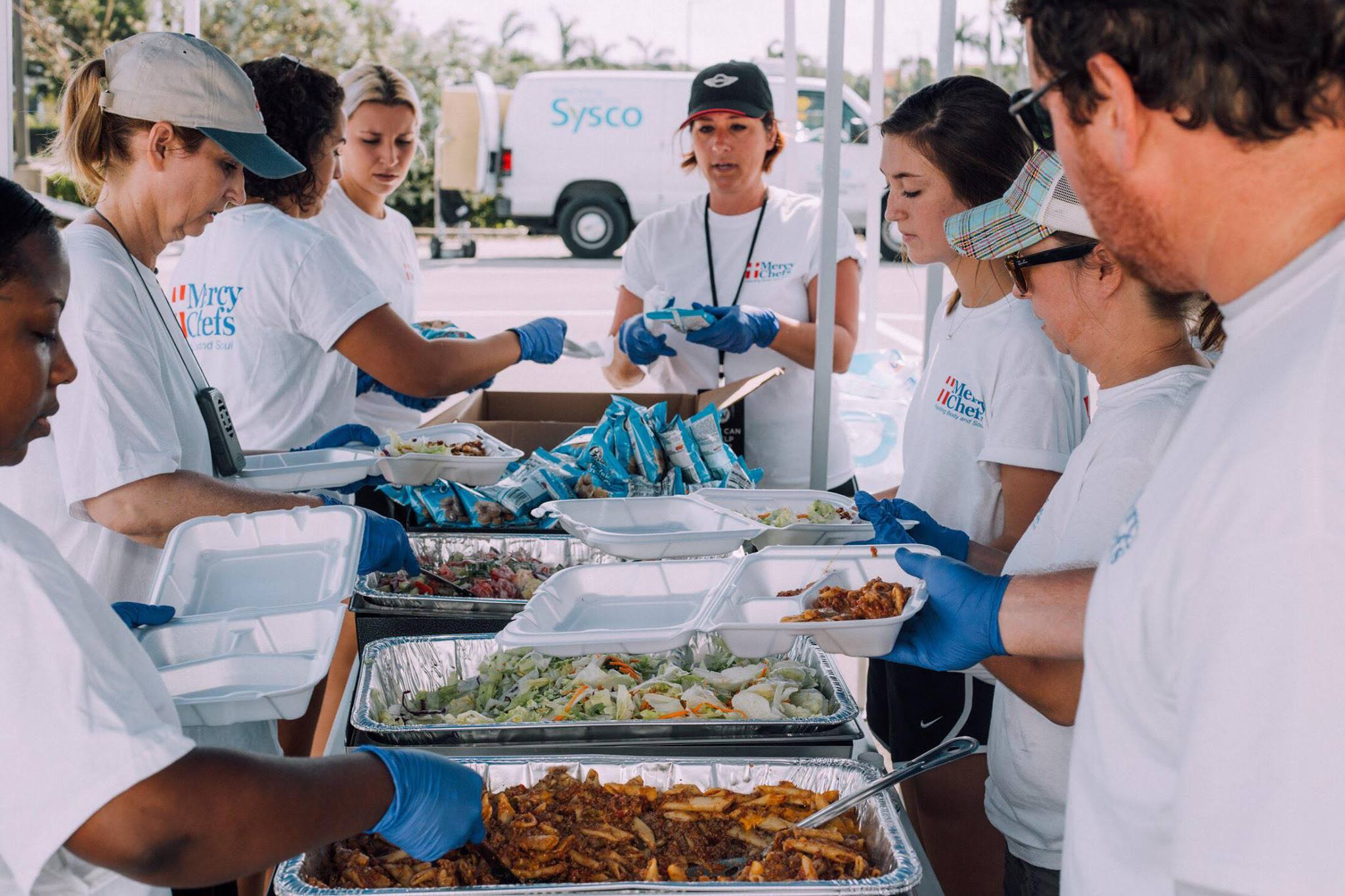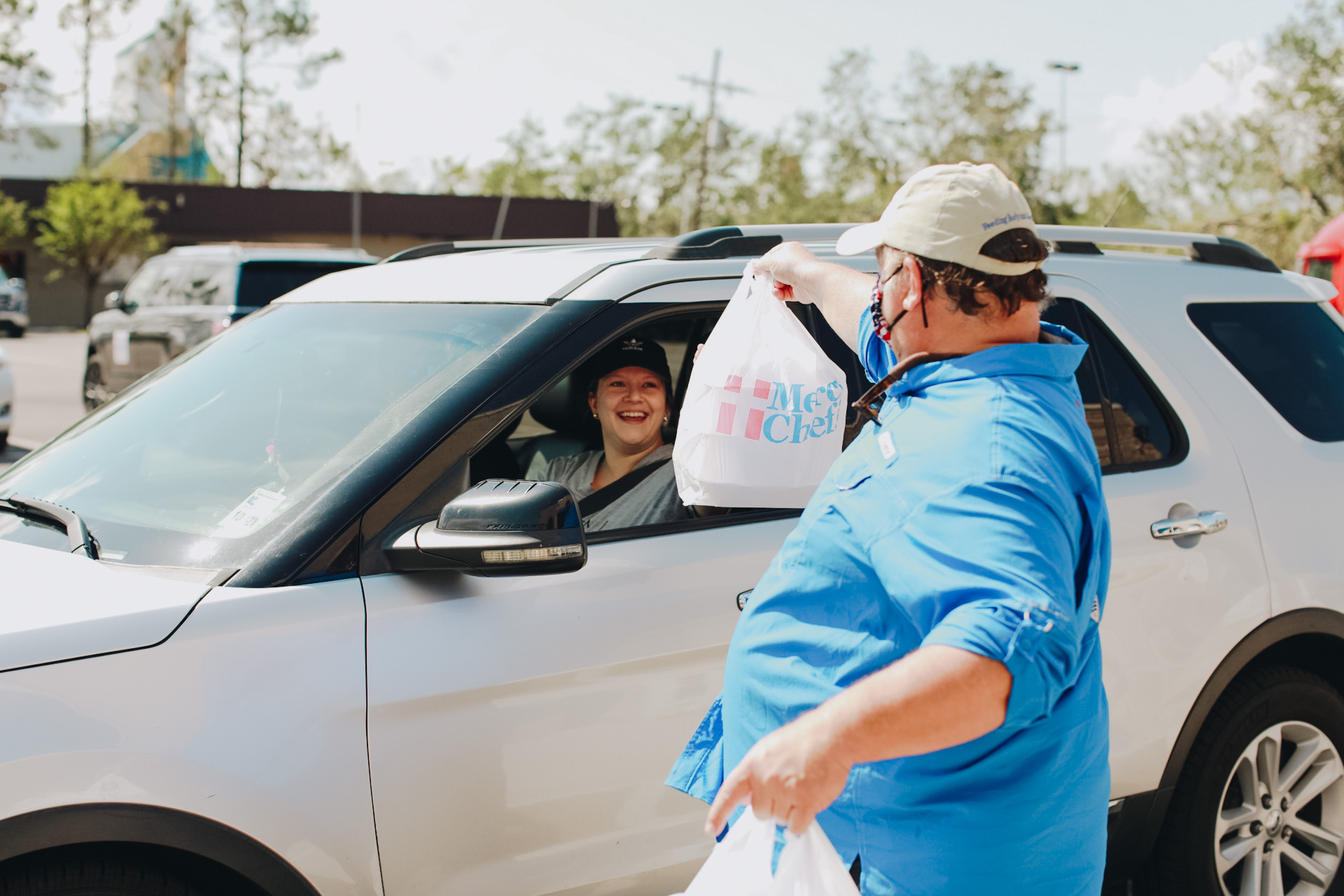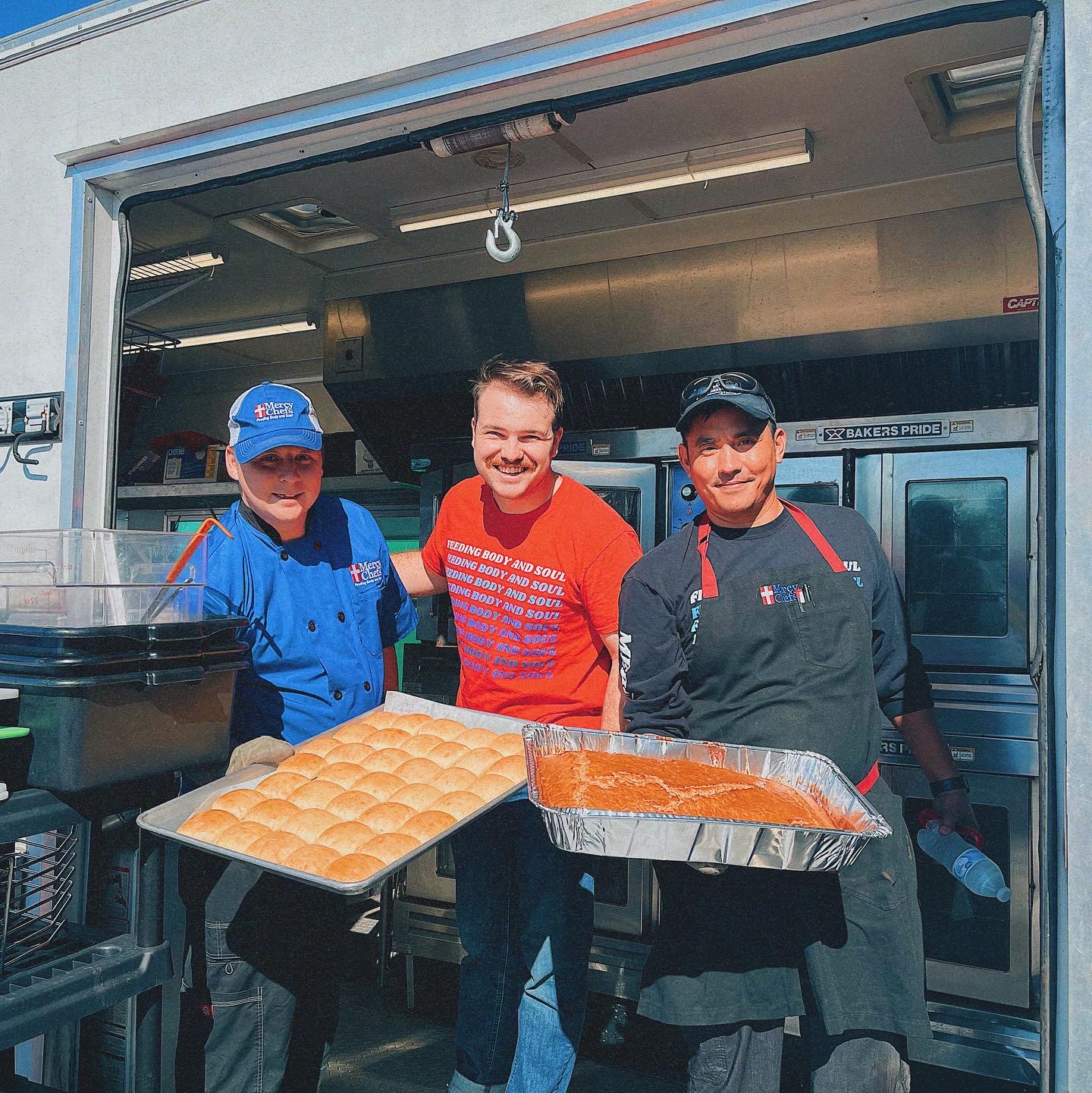PARTNERSHIPS
INDUSTRY Partners
As the industry leader for disposable gloves, bags and apparel, FoodHandler has partnered with key allies who share our commitment to creating a common category management approach for foodservice. We’ll work in tandem with these partners to lead the development of shared processes and language, to help us interact more effectively and efficiently. Our associations include:
CHARITABLE PARTNERSHIPS
MAKE A STATEMENT. SUPPORT THE CAUSE.
BUY PINK. LOOK GOOD.
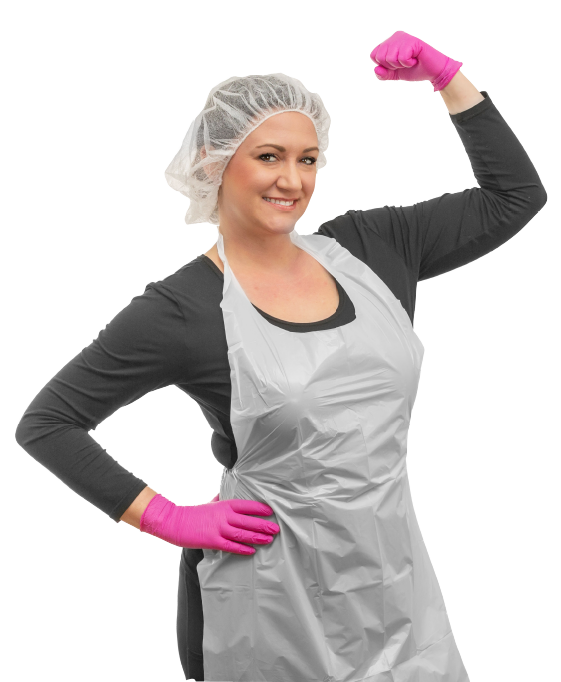
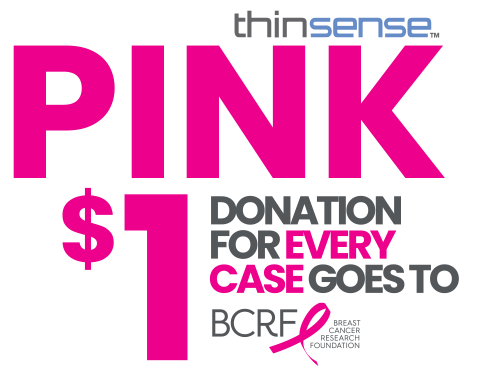
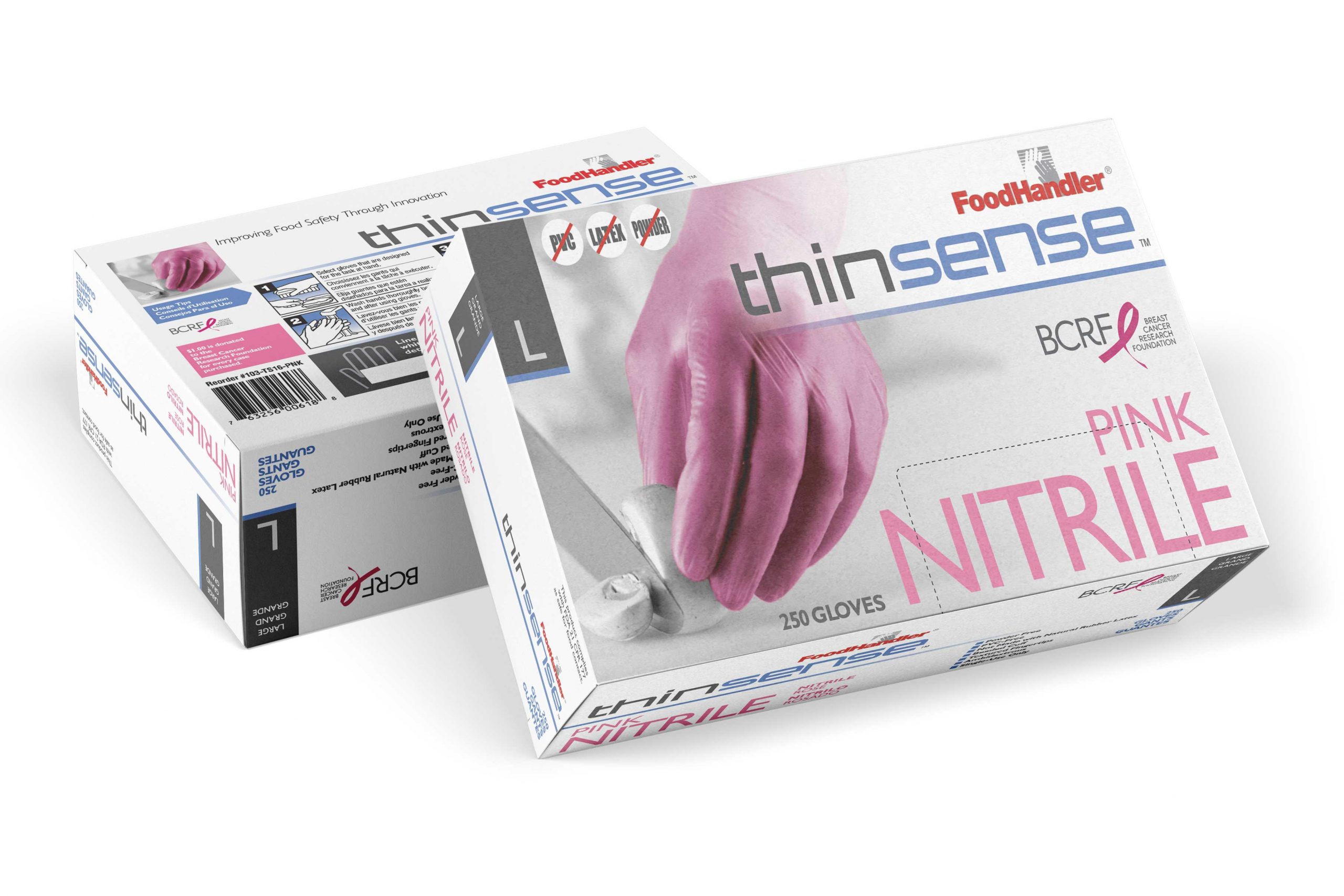
FoodHandler® is proud to partner with the Breast Cancer Research Foundation®. BCRF’s mission is to advance the world’s most promising research to eradicate breast cancer.
For every case of Pink Thinsense™ purchased, FoodHandler® donates $1.00 to BCRF
For more information about BCRF and their mission, visit www.bcrf.org.
Show Your Support
Now you can show your support for Breast Cancer Research and those important to you with these downloadable pin-ups!
(Adobe Acrobat Reader Edition is required to view files)
JUST FEED PEOPLE.
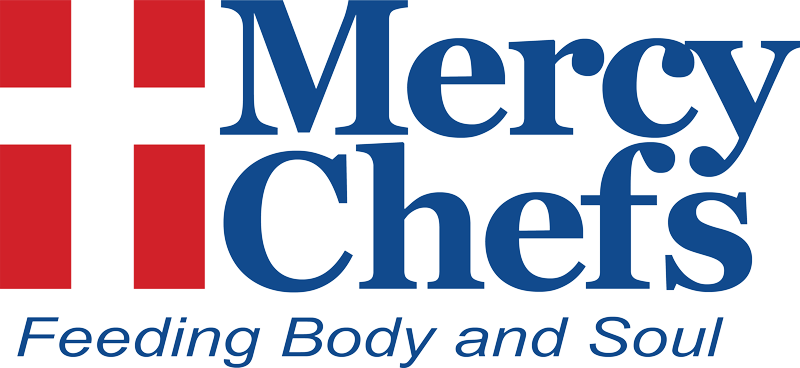
Mercy Chefs, a leading humanitarian organization providing food relief in times of crisis, and FoodHandler, a renowned supplier of high-quality food safety solutions, are thrilled to announce a powerful partnership that aims to drive positive change and alleviate hunger in our communities. This collaboration not only represents a shared vision for making a difference, but also an opportunity for consumers to contribute with every purchase.
For every case of Thinsense® White Nitrile, Job Select® Comfort® Black Nitrile, and Job Select® Black Vinyl gloves sold, FoodHandler® donateS $1 to Mercy Chefs

This initiative allows consumers to actively participate in Mercy Chefs’ vital mission by simply choosing FoodHandler’s eligible products for their foodservice needs.
For more information about BCRF and their mission, visit www.mercychefs.org.


